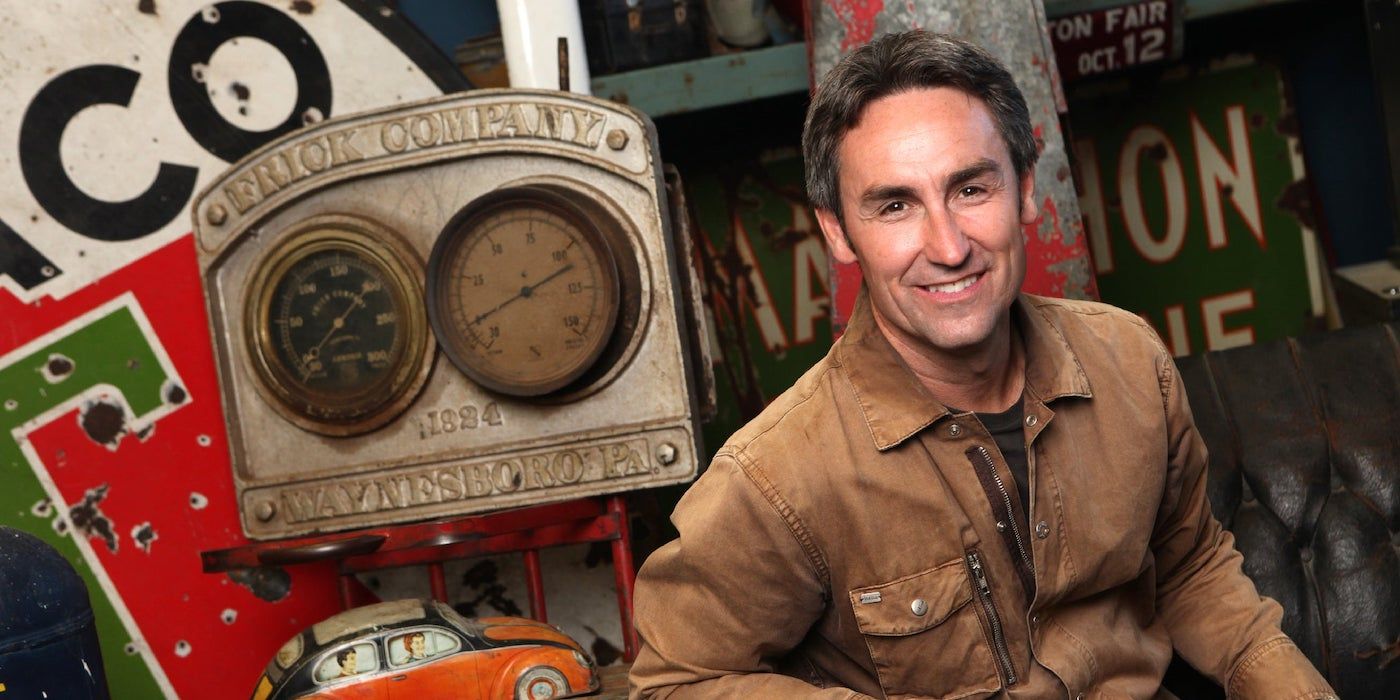Americans would get $5,000 to shop under new bill

A pair of Democratic lawmakers want to put more money in the hands of shoppers who want to buy products made in America.
Reps. Ro Khanna of California and Debbie Dingell of Michigan have introduced the “Made in the USA Tax Credit Act.”
The act would create a refundable tax credit of up to $2,500 – or $5,000 for couples filing jointly – for purchases of products meeting the Federal Trade Commission’s Made in the USA standard, according to a fact sheet on the bill. The FTC requires a product be “all” or “virtually all” made in the U.S. to carry the “Made in the USA” label.
“Investing in American manufacturing drives innovation, prosperity, and progress,” Dingell said in a statement. “We must continue to strengthen our domestic manufacturing and supply chain capabilities, bring home good-paying jobs, and invest in American workers, and that’s exactly what this bill does.”
READ MORE: New bill would give $1,400 a month for 3 years to some people under 30
Citing the closure of more than 70,000 factories since 1998, Dingell said the bill addresses the ongoing decline in American manufacturing and the loss of stable and well-paying jobs.
Under the bill, the amount of the credit would be adjusted with inflation every year and certain items like luxury goods, tobacco, firearms, vehicles, services and food would be excluded. Also, the credits would only apply to individuals making less than $125,000 and with less than $20,000 in investment income or couples filing jointly earning less than $250,000 with less than $40,000 in investment income.
Funds would also be set aside to pay for outreach by the Internal Revenue Service to inform consumers and businesses in underserved communities about the tax credit.
The bill has been introduced in the House Ways and Means Committee.
Related
‘American Pickers’ Star Mike Wolfe’s Antiques Shop Faces Backlash for…
American Pickers host Mike Wolfe has recently come under fire, and it has to do with his antiques store, Antique Archaeology, in Nashville. The U.S. Sun has re
S.Coups’ Favorite K-Beauty Brand Is Now Available in America: Shop…
The SEVENTEEN star was announced as the brand ambassador for the skincare brand last year.
The trade war is here. You’ll notice it at the…
Canadians' pocketbooks will likely be the victim of a prolonged trade war with the U.S., with the prices on consumer goods potentially rising over the next week
American booze taken off shelves and stacked in shopping carts…
Open this photo in gallery:A staff member removes bottles of U.S. alcohol from the shelves of a Liquor Control Board of Ontario (LCBO) store, as part of retalia












